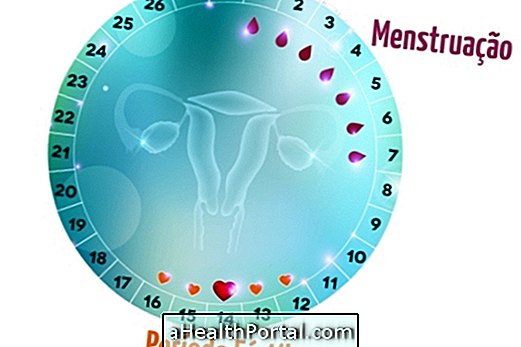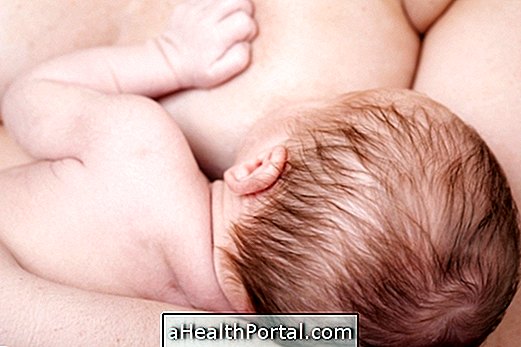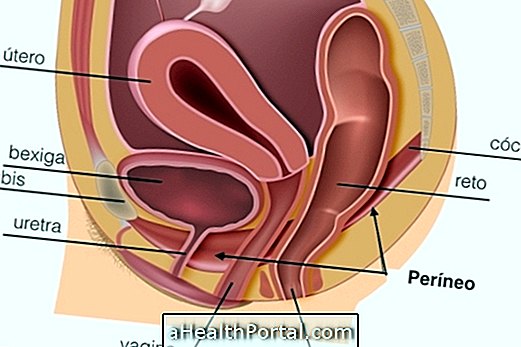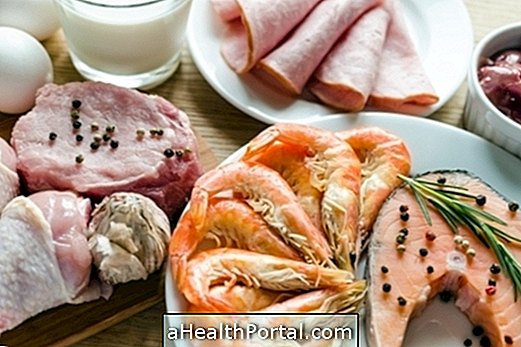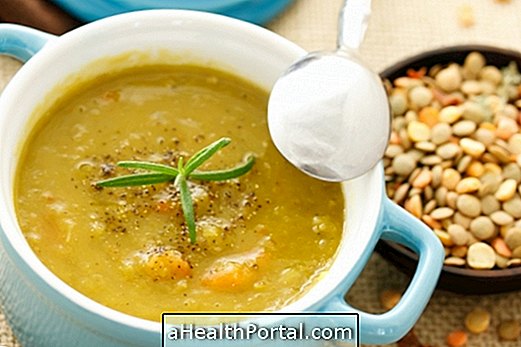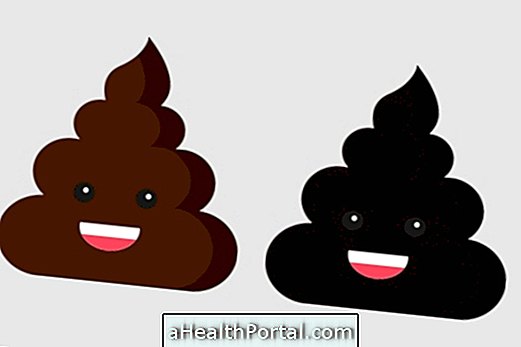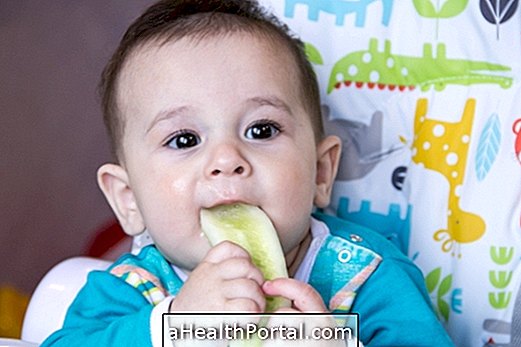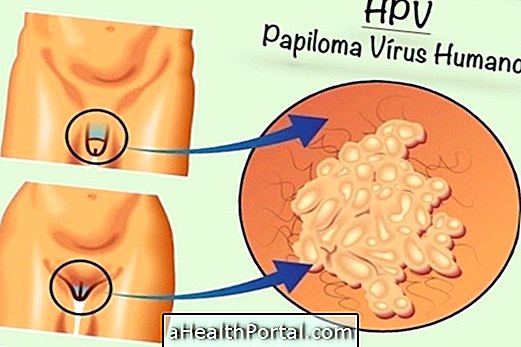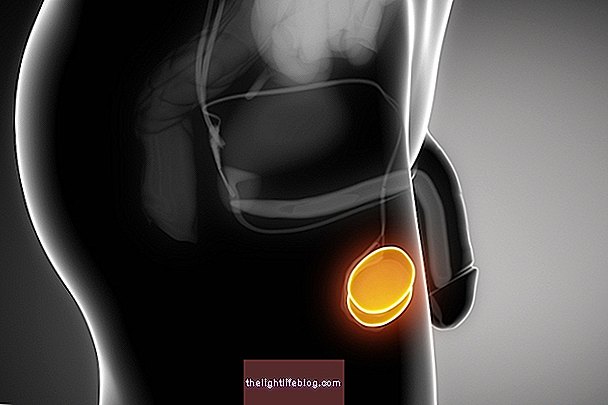In order not to get too heavy during pregnancy, the pregnant woman should eat healthy and without exaggeration, and try to perform light physical activities during pregnancy, with the authorization of the obstetrician.
Thus, it is important to increase the consumption of foods rich in fiber, vitamins and minerals such as fruits, vegetables and whole foods such as rice, pasta and whole wheat flour.
The weight to be gained during pregnancy depends on the BMI that the woman had before becoming pregnant, ranging from about 7 to 14 kg. To find out how much weight you can gain, take the test below the Gestational Weight Calculator.
Attention: This calculator is not suitable for multiple pregnancies.

What to eat to control weight
To control weight, the woman should eat a diet rich in natural and whole foods, giving preference to fruits, vegetables, rice, pasta and whole meal, milk and skim derivatives and lean meats, consuming fish at least twice a week.
In addition, one should prefer to eat foods prepared at home, using little amount of oils, sugars and olive oil during the cooking of meals. In addition, all visible fat from meat and skin of chicken and fish should be removed to reduce the amount of calories in the diet.
What to avoid in the diet
To avoid excessive weight gain in pregnancy, it is important to avoid eating foods rich in sugar, fat and simple carbohydrates such as white flour, sweets, desserts, whole milk, stuffed biscuits, red and processed meats such as sausage, bacon, sausage and salami.
It is also important to avoid the consumption of fried foods, fast food, soft drinks and frozen ready meals, such as pizzas and lasagne, as they are rich in fats and chemical additives. In addition, you should avoid eating cubes of meat and vegetable broths, powdered soups or ready-made spices as they are rich in salt, which causes fluid retention and increased blood pressure.
Menu to control weight gain
The following is an example of a 3-day menu to control weight gain in pregnancy.
Day 1
- Breakfast: 1 glass of skim milk + 1 whole wheat bread with cheese + 1 slice of papaya;
- Morning snack: 1 natural yogurt with granola;
- Lunch / Dinner: 1 chicken steak with tomato sauce + 4 cabbage. rice soup + 3 col. bean soup + green salad + 1 orange;
- Afternoon snack: Pineapple juice with mint + 1 tapioca with cheese.
Day 2
- Breakfast: Avocado vitamin + 2 whole-grain toast with butter;
- Morning snack: 1 banana mashed with oats + gelatin;
- Lunch / Dinner: Macaroni with tuna and pesto sauce + steamed vegetable salad + 2 slices of watermelon;
- Afternoon snack: 1 natural yogurt with linseed + 1 whole wheat bread with cottage cheese.
Day 3
- Breakfast: 1 glass of orange juice + 1 tapioca + cheese;
- Morning snack: 1 natural yogurt + 1 col. flax + 2 toast;
- Lunch / Dinner: 1 serving of cooked fish + 2 medium potatoes + cooked vegetables + 2 slices of pineapple;
- Afternoon snack: 1 glass of skim milk + 1 whole wheat bread with tuna.
In addition to following this diet, it is also important to have frequent physical activity, after talking with the doctor and having your authorization, such as walking or water aerobics. See the 7 Best Exercises for Practicing in Pregnancy.
Dangers of being overweight in pregnancy
Being overweight during pregnancy can present risks for the mother and the baby, such as high blood pressure, eclampsia and gestational diabetes.
In addition, overweight also delays the woman's recovery in the postpartum period and increases the chances that the baby will also be overweight throughout life. See how the pregnancy of the obese woman is.
For more tips on controlling weight during pregnancy by watching the following video:

